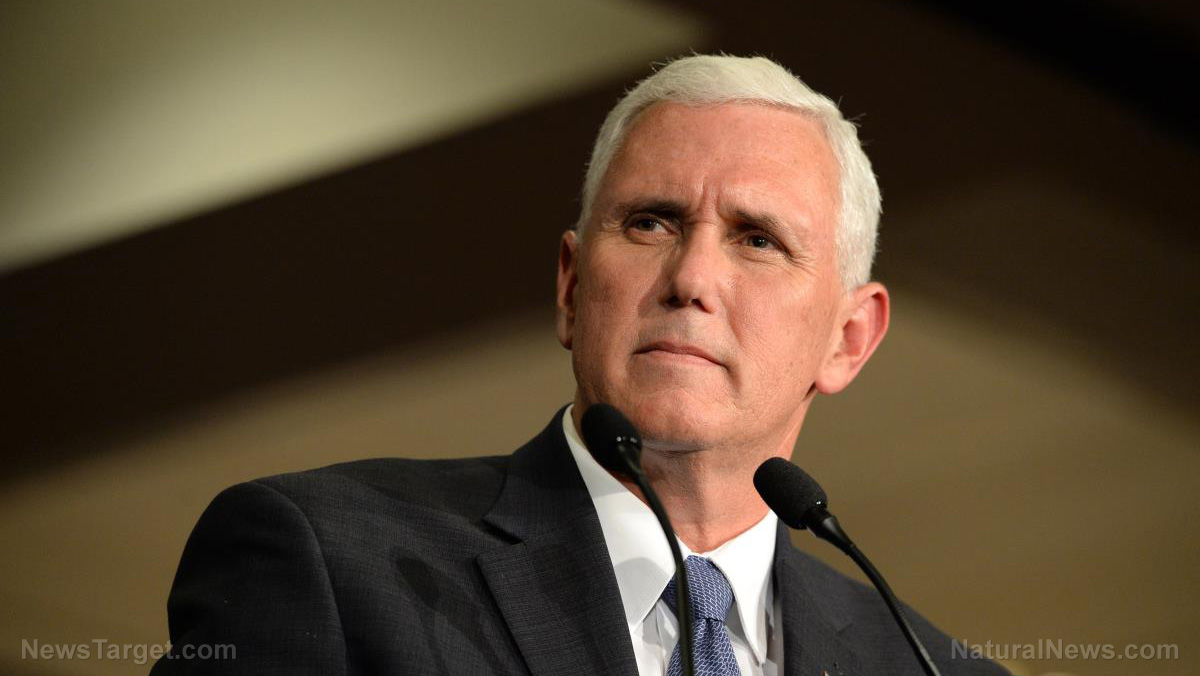
The trial has raised questions about the balance between the roles of the defense, the jury and the judge, sparking debates on the fairness of the trial.
Traditionally, the defense presents arguments to protect their client, while the jury assesses the validity of each side's claims, and the judge ensures the trial's procedural integrity. However, in the FACE Act trial, these roles appear to have been altered.
One contentious issue revolves around the jury selection, which has reportedly resulted in a predominantly pro-abortion jury.
The defendants, who claim they acted to save unborn lives from abortion, argue that this bias could preordain the verdict.
During the trial's opening statements, the prosecution and defense clashed repeatedly, with the prosecution objecting to the defense's arguments and the judge consistently supporting these objections. This pattern of interaction has led some to speculate that the trial's direction is influenced by some outside forces that lean a certain way.
The judge's efforts to exclude any arguments related to the morality and legality of abortion have further intensified the controversy. According to reports, the defense was not allowed to say "infanticide," "abortion" or "innocent lives."
While the judge emphasized that the case is not about abortion, past actions indicate a contradiction. Previously, the judge requested arguments about whether the 13th Amendment to the Constitution protected abortion rights, suggesting a connection between the case and abortion.
On Aug. 14, U.S. District Judge Colleen Kollar-Kotelly barred the defendants from claiming they were acting in defense of another person when they used ropes and chains to block the entrance of a D.C. reproductive services clinic three years ago.
The trial's tumultuous start has ignited discussions about its fairness and the judge's stance. Critics argue that the judge's actions indicate an attempt to suppress arguments related to abortion, which is central to the case. (Related: Satanic Temple files lawsuit against Idaho over abortion ban, claiming it prevents members from practicing "abortion ritual.")
Case background
In 2020, anti-abortion activist Lauren Handy and nine co-defendants were charged with two felony counts for blockading a D.C. clinic.
They were charged with conspiracy against rights and a FACE Act offense.
The indictment alleges that the defendants violated the FACE Act by using physical obstruction to injure, intimidate and interfere with the clinic's employees and a patient because they were providing or obtaining reproductive health services.
The defendants face up to a maximum of 11 years in prison, three years of supervised release and a fine of up to $350,000 if convicted of the charges.
Pro-life advocates rally behind defendants
Meanwhile, supporters of the defendants are showing their dedication to protect the lives of the unborn.
The trial has also renewed debates about abortion rights following the overturning of Roe v. Wade by the Supreme Court's Dobbs decision. Pro-abortion advocates have been seeking accountability for pro-lifers since then. The trial has become a focal point for these tensions, with both sides passionately advocating for their positions.
As the trial progresses, its outcome remains uncertain. The defendants' courage to stand up for their beliefs and protect the unborn has garnered attention. However, concerns about the fairness of the trial persist, raising larger questions about the intersection of law and deeply held convictions.
Visit Abortions.news for more news related to abortion.
Watch this video about abortion and the sanctity of life.
This video is from the Liberty Counsel channel on Brighteon.com.
More related stories:
More states outlaw abortion following overturning of Roe v. Wade.
Satanic Temple to open free abortion clinic in New Mexico.
Sickening 'abortion chaperone' TikTok video shows there is nothing funny about infanticide.
Sources include:
Please contact us for more information.






















